- Overview
- Symptoms
- Causes & Risks
- Screening & Testing
- Diagnosis
- Treatment
- How HIV Affects the Body
- Opportunistic Infections
- Complications
- Living With
- Dating & Relationships
- Support & Resources
- Prevention
- Appointment Prep
- View Full Guide
HIV/AIDS and Oral Health

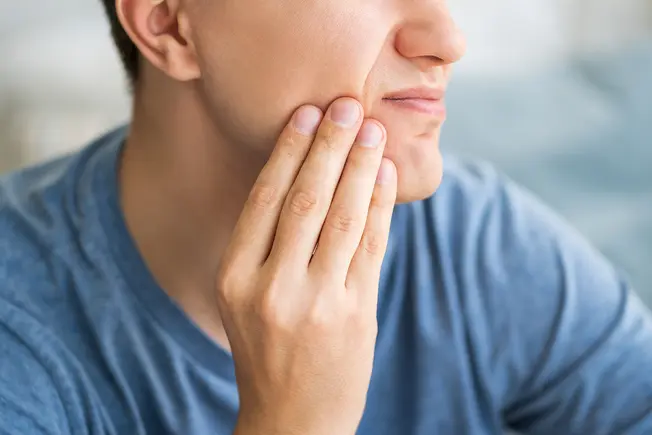
HIV/AIDS and Your Mouth
Because HIV and AIDS weaken your immune system, it’s harder for your body to fight off infection. That includes in your mouth, gums, and teeth. Here are some of the common oral problems to watch for when you have HIV or AIDS.
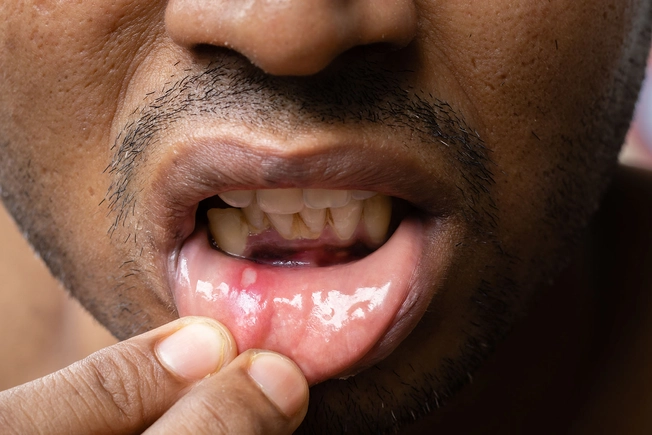
Mouth Sores
Canker sores (aphthous ulcers) are typically small and round and pop up on the inside of your cheek, under your tongue, or in the back of your throat. Eating spicy, hot, or acidic foods can make them hurt worse. Ointments, creams, or oral rinses can help heal them and dull the pain.
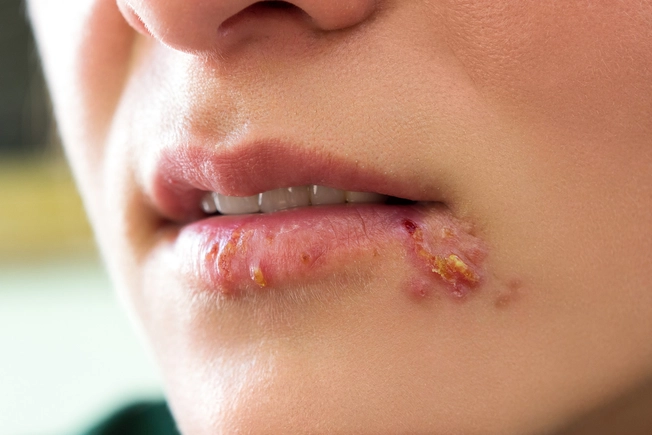
Herpes
Some mouth sores come from the herpes simplex virus (HSV). These irritating ulcers typically happen on the roof of your mouth (cold sores) or on the lips (fever blisters) and can be more severe when you have HIV or AIDS. You’ll need an antiviral drug to help get rid of them.
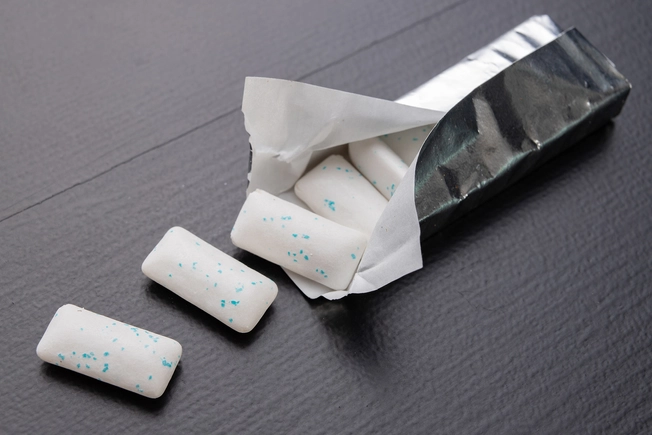
Chronic Dry Mouth
Your body may not produce enough saliva to keep your mouth moist when you have HIV or AIDS. This puts you at risk for tooth decay, and you may have trouble eating. Keep water on hand, chew gum, use a humidifier, and ask your doctor about artificial saliva.
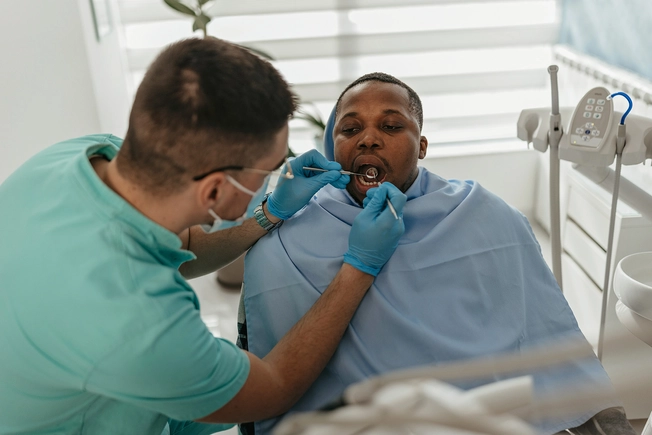
Gum Disease
Gingivitis is the first stage of gum disease. It happens when enough plaque and bacteria build up on your teeth to lead to infection. You may see red, swollen, bleeding gums. You can reverse it with proper teeth cleaning and good oral hygiene.
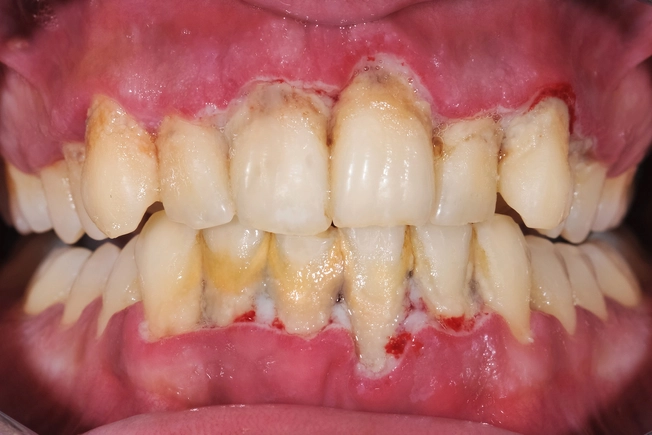
Bone Loss
If you don’t treat your gingivitis, it can lead to gum disease of the tissues around your teeth. That’s called periodontitis. Over time, this destroys the bone that holds your teeth in place. Your teeth might become loose, or you could even lose them.
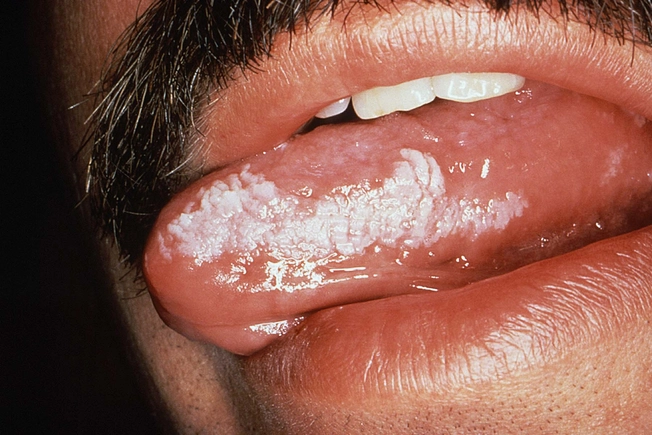
Hairy Leukoplakia
Most cases of this condition happen in people with HIV. Triggered by Epstein-Barr virus, it causes white patches on your tongue. These patches can also look hairy, which is where the name comes from. If you get hairy leukoplakia, it may be a sign your doctor needs to adjust your HIV treatment.
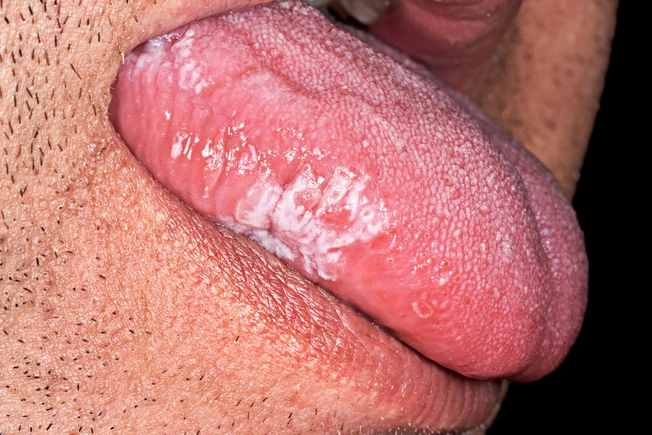
Thrush
Thrush is the most common infection in people who have HIV. This fungal infection causes irritating white patches on your tongue, inner cheek, or throat. Your doctor may be able to treat it with antifungal medications, but it can be harder to get rid of when you have HIV or AIDS.
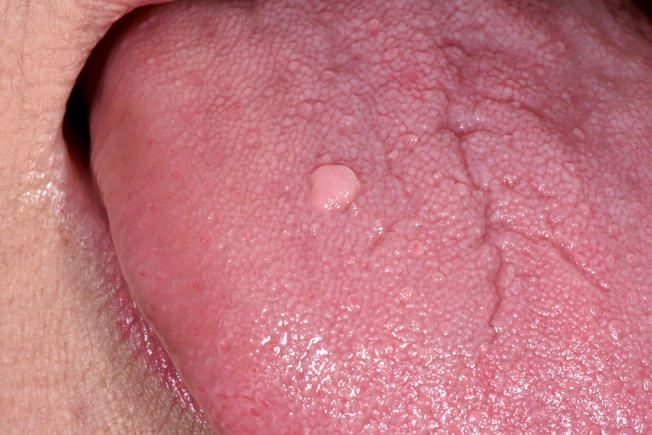
Warts
When warts show up in your mouth, it means you’ve been exposed to the human papillomavirus (HPV). You get HPV from having sex with someone who has it. Your doctor can freeze the warts or cut them out.
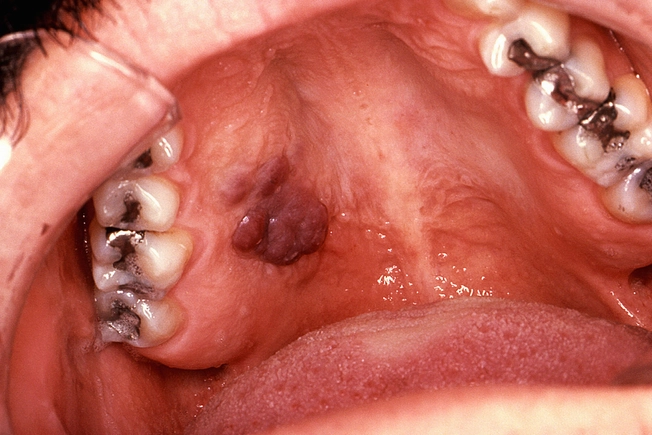
Cancer
Kaposi sarcoma (KS) is a cancer of the mouth caused by the herpes virus. It shows up in the lining of the mouth and can also affect the nose or eyes. People with HIV get it less often now that treatment with antiretroviral medications is available. If you do get KS, it’s a sign that your HIV has progressed to AIDS.